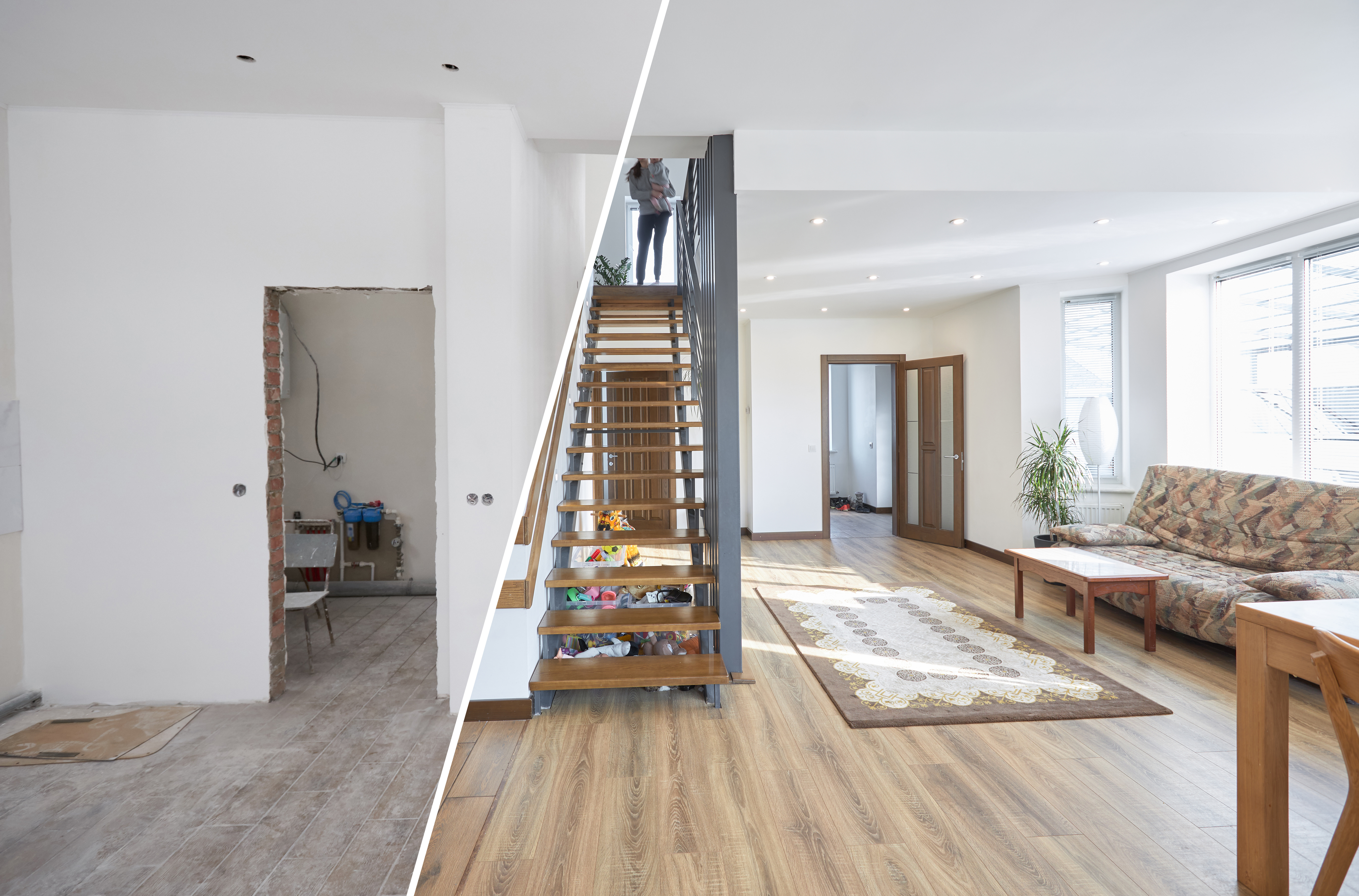Tell me, as a parent, have you ever wondered why your child is acting in a certain way? I'm pretty sure you did and you still do. You see, that's what we do, observe the behavior of our children and take action in case something is wrong, right? Some things are hard to spot while others take time and true dedication from our part in order to figure out what is wrong. And this is how my story begins.
You see, when we become parents, especially for the first time nothing quite prepares us for what's coming. Nobody really tells us what to do, how to do it and how we can tell if something is wrong. These things we will figure out by ourselves in time.
What is ADHD?
Attention Deficit Hyperactivity Disorder (ADHD) is a common neurodevelopmental disorder that typically appears in early childhood, usually before the age of seven. Children with ADHD have a hard time controlling their spontaneous responses, which might range from movement to speech to concentration. We've all met kids that can't sit still, don't seem to listen, don't follow directions no matter how clearly they're given or make inappropriate comments at inopportune moments. Most of the time, these kids are seen as troublemakers when in reality they might be suffering from undiagnosed ADHD.
Early signs of ADHD
If it's one thing that I've learned from my parenting journey, is the fact that it's very difficult to figure out if your child has ADHD or his/her behavior is completely normal for a certain age. When my daughter was almost 5 years old I've noticed certain things that gave me the alarm signal so to speak. I mean, she has always been a very active kid but some things were too much even for a child that's hyperactive and it was something like a pattern that was happening every day and everywhere (home, school, public spaces).
Hyperactivity
- Can't stay seated and it's in a constant motion
- Talks too much
- Can't play with one thing for too long
- Frequently squirms and fidgets
Inattention
- Disorganized
- Daydreamer, having a hard time paying attention
- Easily distracted from work or play
- Making mistakes all the time, not paying enough attention
- Losing things most of the time
Impulsivity
- Acts and speaks without thinking most of the time
- Can't wait for things
- Frequently interrupts others
Early diagnosis
ADHD is difficult to diagnose in children under the age of four. This is due to the fact that younger children change at a quick pace. Once a youngster reaches the age of adolescence, diagnosing ADHD gets more challenging.
If you hope that there's a test that can tell if your child has ADHD I will have to disappoint you. There isn't. Usually, your pediatrician will compare your child's behavior based on information provided by you, his/her teacher, and any other caregivers who spend time with your child, such as coaches or child care workers to the behavior of other children from the same age group. It is very important to provide your child with emotional support during this process that might seem very intimidating.
While an ADHD diagnosis may feel like a label, it's best to consider it as an explanation. The diagnosis explains why your child may have difficulty with everyday skills like paying attention, following directions, listening intently, and organizing—things that others appear to take for granted.
In this regard, receiving a diagnosis can be reassuring because then you know for sure that what your child has is not simply laziness or lack of intelligence but a disorder that he/she can learn to control.
Living with ADHD
If you or your child has been diagnosed with ADHD, don't put off getting help. The sooner you start dealing with the symptoms, the better. Managing ADHD requires effort. Finding the best therapy for your child is a lengthy process that requires patience, perseverance, and some trial and error. Some things that can help you along the way are learning as much as you can about ADHD, getting plenty of support from your family and also from the doctors and developing healthy
lifestyle habits for your child.





No comments